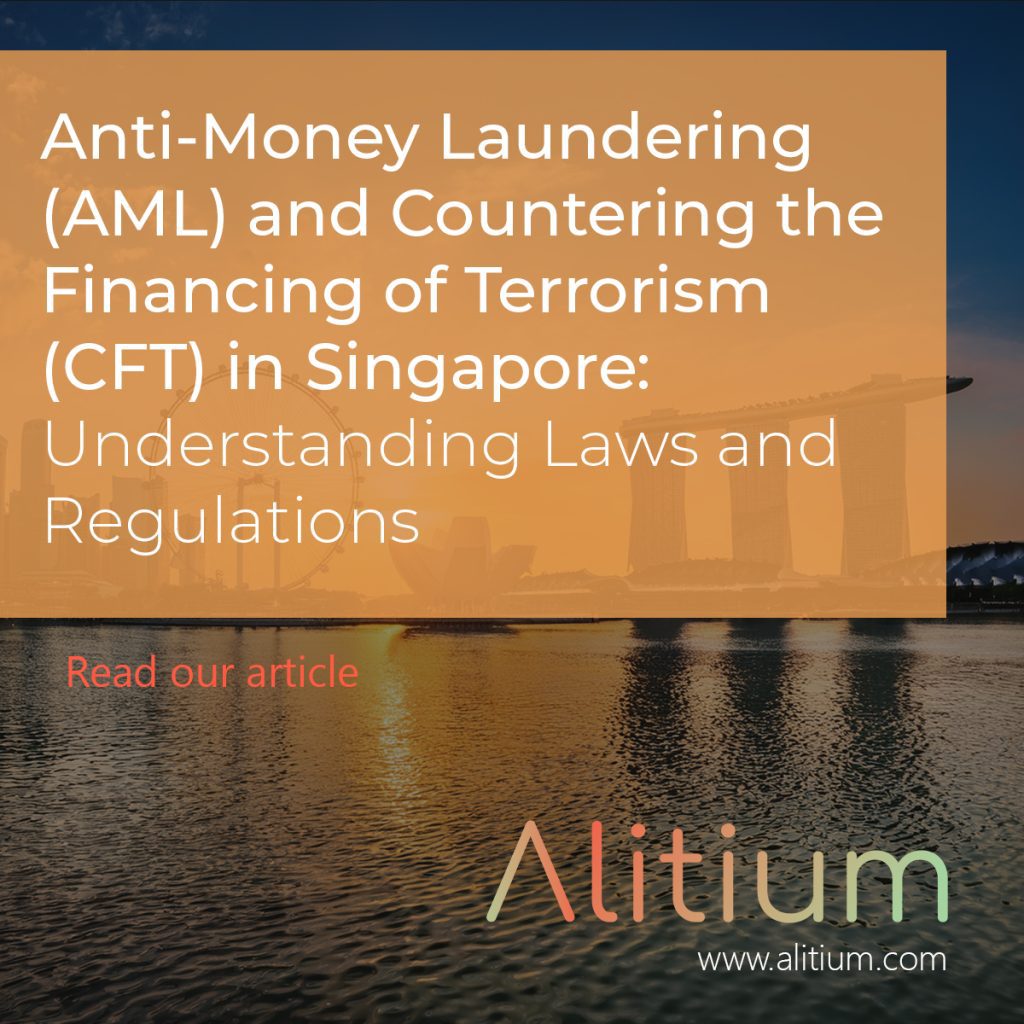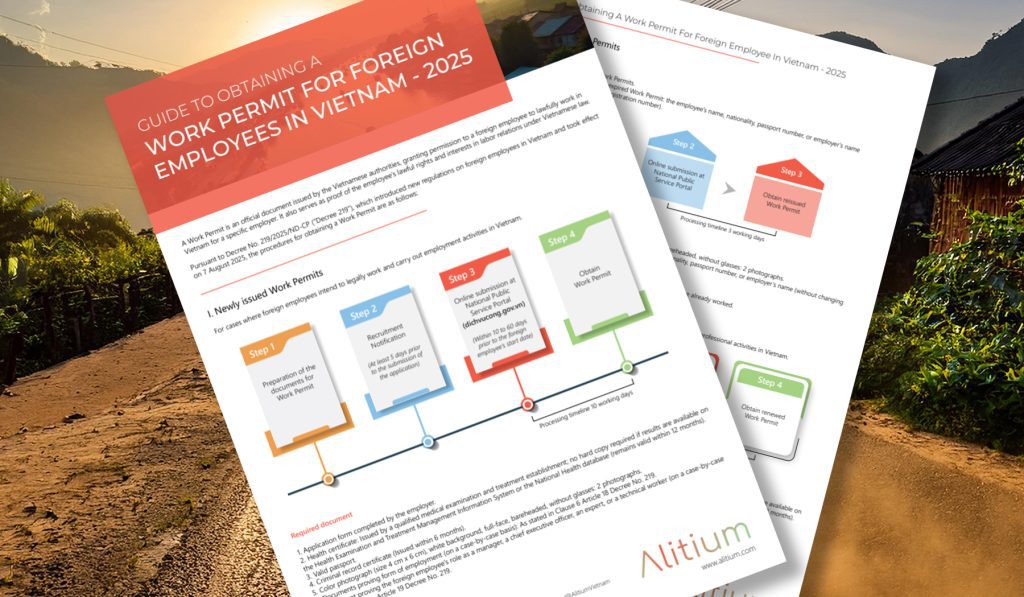Singapore: Anti-Money Laundering (AML) and
Countering the Financing of Terrorism (CFT) Laws and Regulations
Foreign investors looking at ASEAN today face a dual challenge: the region is full of growth opportunities, but it also comes with a tightening web of anti-money laundering (AML) and counter-terrorism financing (CFT) rules. Regulators are not only more active, but also increasingly coordinated, making compliance no longer a “box-ticking” exercise but a decisive factor for how fast and smoothly you can start doing business.
What is Anti-Money Laundering?
Money Laundering, as described by the United Nations Office on Drugs and Crime, is the processing of criminal proceeds to disguise their illegal origin to enable criminals to access these funds without jeopardising their source.
As criminal enterprises are becoming increasingly globalised, effective combatting of money laundering and terrorism financing requires coordinated efforts at the global level. Leading international organisations such as the Financial Action Task Force (FATF), the United Nations Office on Drugs and Crime (UNODC), the Bank for International Settlements (BIS), the International Monetary Fund), and national agencies such as the U.S. Financial Crimes Enforcement Network (FinCEN) contribute to this by designing global AML frameworks consisting of international standards, guidelines and best practices designed to create a unified approach to combating AML/CFT activities.
State governments then refer to these authoritative sources when drafting legislation and regulations for their domestic legal systems. This facilitates essential intergovernmental co-operation between countries through joint investigations, intelligence sharing and capacity building. As a result, the global network fo AML regimes become more coordinated, thereby reducing gaps for criminal exploitation.
Understanding Why This Matters for Investors
A central pillar of AML compliance is the Know-Your-Customer (KYC) process. The primary goal of KYC is to ensure that the funds involved in transactions are legitimate and that the clients are not involved in illicit activities.
Key Components of KYC Processes:
1. Customer Identification: Collecting and verifying identity documents such as passports, national IDs, driver’s licenses, or business registration certificates to confirm the customer’s identity.
2. Customer Due Diligence (CDD): Assessing the risk level of the customer by understanding their background, source of funds, and purpose of the account or transaction. Most clients are only subject to basic CDD involving the collection of basic documentation to identify and verify the client’s identity.
However, High Networth Individuals (HNWI) or politically exposed persons (PEP), or clients hailing from a high-risk or non-cooperative jurisdiction as designated by FATF, may be subject to a more rigorous and detailed CDD process (i.e. Enhanced CDD). This would typically involve more in-depth background checks into the customer’s background, source of funds or wealth. In cases of complex corporate structures or transactions, it would be normal for the process to include the verification of ultimate beneficial ownership and control of said corporate structures.
3. Beneficial Ownership Verification: Identifying and verifying the individuals who ultimately own or control the customer, especially in the case of corporate clients.
4. Ongoing Monitoring: Continuously monitoring transactions to detect suspicious activities and updating customer information periodically to reflect any changes in their profile or behaviour.
5. Suspicious Activity Reporting: Reporting transactions or behaviours that appear suspicious or above certain thresholds to relevant authorities, in line with AML regulations.
KYC processes are a fundamental part of accessing the economic and financial systems in any jurisdiction. Failure to satisfy KYC requirements may cause delays in opening bank accounts, obtaining licences and engaging professional advisors such as lawyers, accountants and company secretaries. It can also result in legal penalties, fines or the freezing of accounts.
How Alitium Supports You
As ASEAN markets continue to tighten their AML and KYC frameworks, investors increasingly need to factor compliance into their entry strategies. Singapore, with its established and transparent regime, offers a practical starting point: companies that meet its requirements often find it easier to engage with banks, regulators, and partners across the region.
For businesses exploring ASEAN, the key is not simply to “clear the checks,” but to build structures that are compliant, credible, and future-proof your business’ growth. Working with experienced advisors in Singapore can help you navigate these requirements efficiently and position your company for sustainable growth in the wider region.
Download our detailed guide on the links here, and contact singapore@alitium.com to start a conversation on your needs.
********
This article is intended to provide an overview of the laws and regulations pertaining to the subject matter.. While it aims to present useful insights, it is important to note that the content shared here should not be considered as formal legal or financial advice. For specific guidance on tax obligations or legal matters related to your business, we strongly recommend consulting with a qualified professionals. Please feel free to reach out to us for further asssitance at any time.








